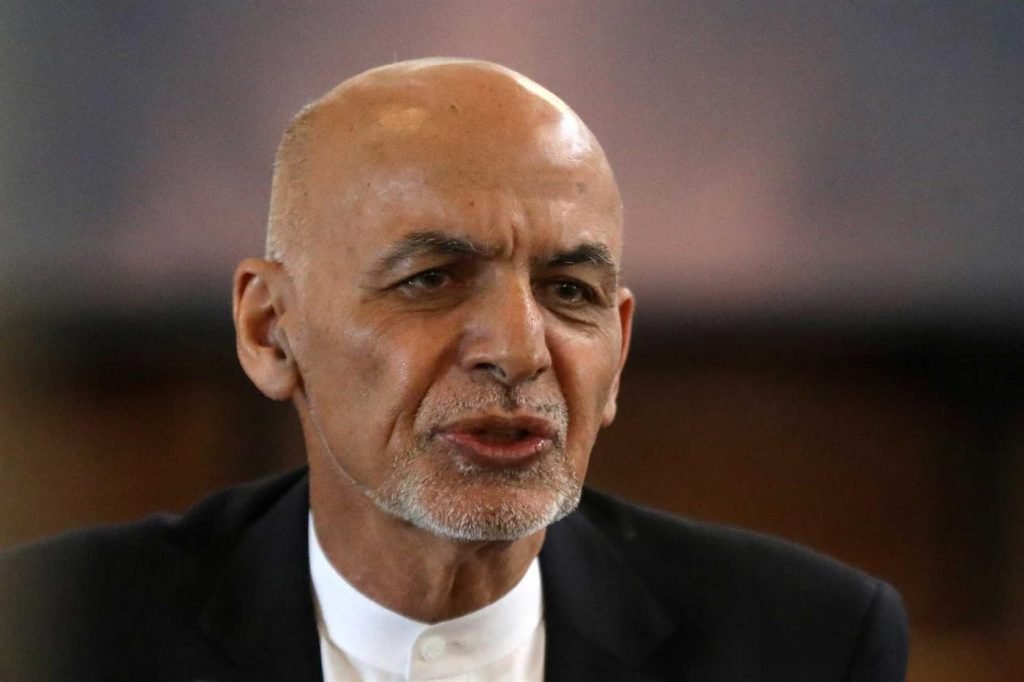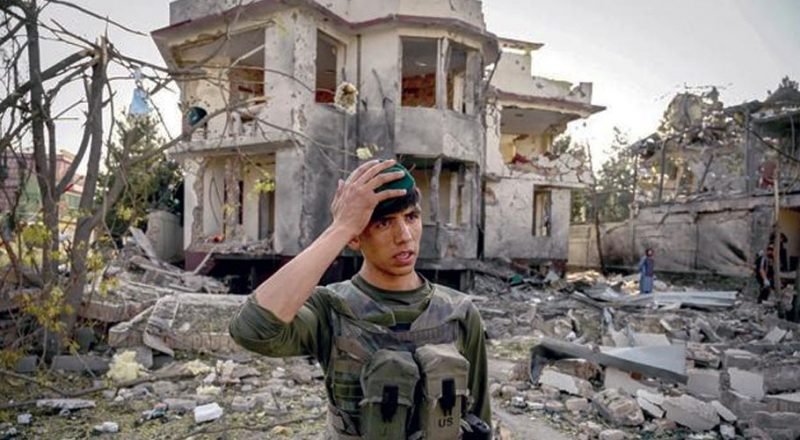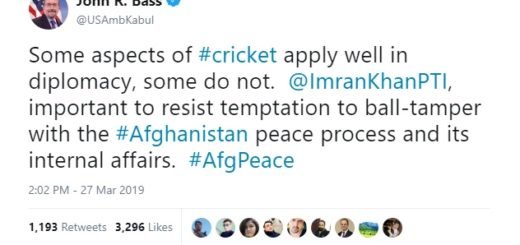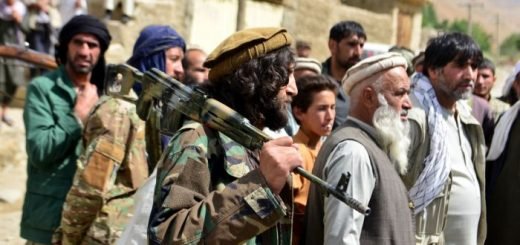The Afghan lesson

Anyone who ever tried to invade Afghanistan was inevitably defeated. The multiethnic mountainous country has become a grave for the British, the Russians, and now for the Americans and their European allies. To make matters worse, the hasty US withdrawal from Afghanistan laid bare the political weakness and inconsistency of the White House that created a sense of uncertainty in the camp of its most loyal allies.
Along with the defeat of Saddam Hussein in 2003, the 2001 US military operation in Afghanistan to avenge the radical Islamists’ terrorist attacks on American soil was a demonstration of Washington’s military effectiveness and diplomacy. In record time and with minimal losses, the United States established control over most of Afghanistan. However, the Republican administration of President George W. Bush was already at a loss as to what to do next. In 1945, liberated Europe was offered the “Marshall Plan.” In 2001 and 2003, the liberated Afghanistan and Iraq were offered – nothing. It seemed that successive US presidential administrations had simply forgotten the principle of “the well-fed will not rebel,” and we’re doing everything to prevent the Afghan economy, if it ever existed, from becoming viable. The warlords who had sided with the forces of the “Northern Alliance” shamelessly plundered the provinces, which they were appointed to govern. The on-and-off guerrilla warfare and the “fight against drug trafficking” have left an estimated 1 million civilians dead. UAV operators and Air Force pilots killed and shot at will anyone who looked suspicious, while the special services of Afghan collaborators and Western allies tortured and killed with impunity anyone who they believed was in any way linked to the extremists. All this was playing right into the hands of the Taliban. In Islam, they love those who become martyrs for the sake of their faith…
Winning the war in Afghanistan is almost mission impossible. The main enemy facing the soldiers of the international coalition is not a Taliban fighter with an assault rifle in hand, but the very way of life of the Afghan people, only a tiny fraction of whom embrace Western values. Even their last president, Ashraf Ghani, had to be “exported” to the country from the United States. The Soviet Union tried to fight traditional values by building schools and hospitals; after the Russians left, their protégés held out for three years. The Americans and their coalition partners focused on helping the Afghan army. They also allocated huge funds for humanitarian projects only to see that money being eaten up by endemic Afghan corruption, which quickly infected US military officials themselves. How else to explain that, according to the most optimistic estimates by international organizations, from 2001 to 2020, the production of drugs in the country jumped from 180 tons to 10,000 tons?

Afghan peasants switched to drug production out of desperation. They had no other options. The Republicans seemed to have forgotten about their favourite policy, which says that “give a man a fish, he will be fed one day, teach a man to fish – he will be fed all his life’’. As a result, fishing rods – a successful economic reform – were never given to the Afghans. All they got was an army of corrupt managers who roused hatred among the people. Government contracts worth billions of dollars enriched members of the US top military brass, who turned a blind eye to such actions by their subordinates as drug trafficking, the creation of field brothels and torture for pleasure. The army began to rapidly degrade and decay. That being said, it was still the US army. Degraded as it was, it was still able, with little help from allies, to keep the country under control, not letting it slide into chaos. However, that very same US army failed to effectively fight drug trafficking or prevent jihadists from entering the country from Pakistan.
As a result, the impoverished civilian population fiercely hated both the occupiers and their elites. As well as Western values in the form of women’s rights, education and medicine. Therefore, never becoming allies for the Afghan people, the Americans were suffering losses in the guerrilla war. And the generation, who could have been re-educated, was becoming suicide bombers and militants, increasing the number of coffins.
As a result, by the time Trump became president, the situation had already crossed the point of no return. It was imperative to change the entire military administration and the Afghan elite, crack down hard on corruption and wait another ten years for the reforms to bear fruit. Maybe in 2030, maybe in 2040, a peaceful and prosperous Afghanistan would become the best monument of American democracy. Most likely, it would be possible to convince the American electorate of the impossibility of leaving the country and handing it over to the Taliban, who are responsible for the deaths of thousands of peaceful Americans. There was no such political will though. Neither were competent and honest managers capable of transforming Afghanistan into a legal, viable state. As a result, the lives of American soldiers who died for democracy and billions of dollars of American taxpayers were not just wasted. They were wasted on national disgrace – the hurried escape from the Kabul airport, which Joe Biden cynically tried to turn into a victory.

However, his statement that the US military had accomplished its mission in Afghanistan is in stark variance with the fact that the country was back to where it was in 2001. Moreover, the West will now have to conduct a dialogue with the Taliban and with the leaders of the radical Islamists who have the blood of American and European civilians on their hands. All the sacrifices were in vain, terrorism won, not by military force, but due to inconsistency, incompetence and sheer inability to calculate the consequences, which is unacceptable for great power.
The Biden administration has admitted its inability to defend the Western world against the chaos of radical Islamism. Does the world need a new protector or a world policeman?



















